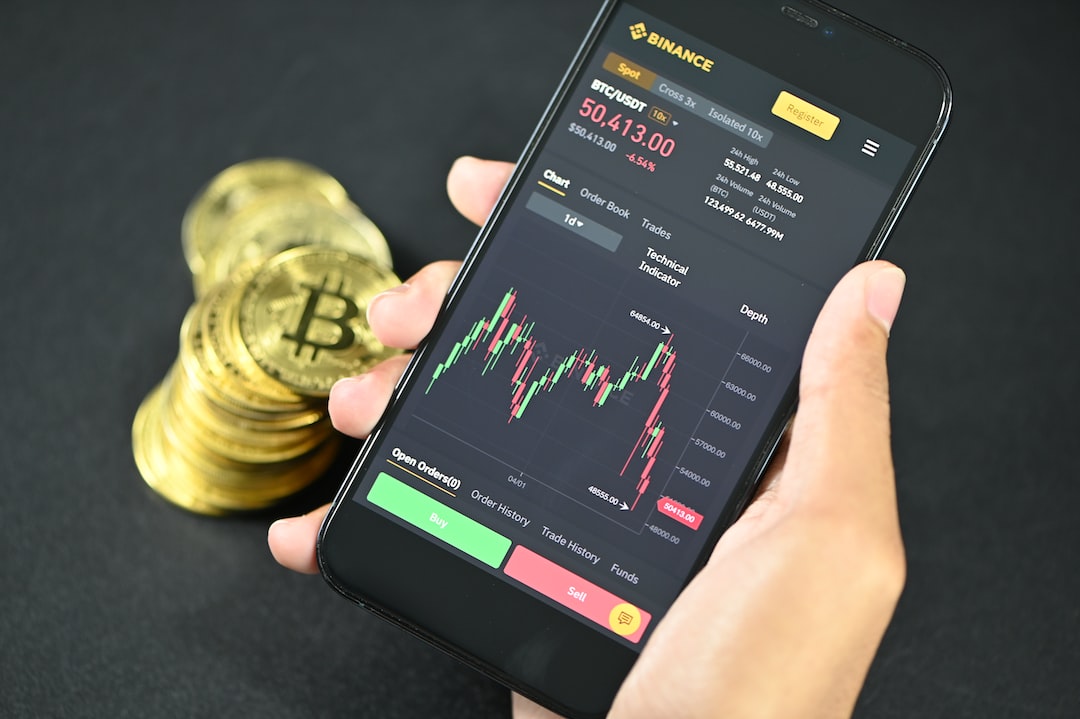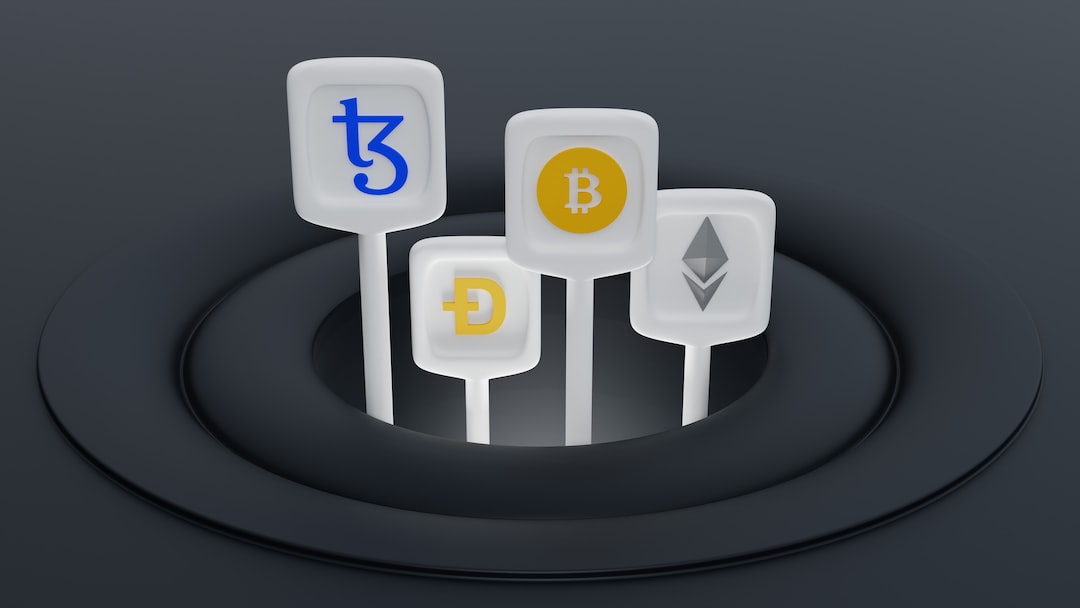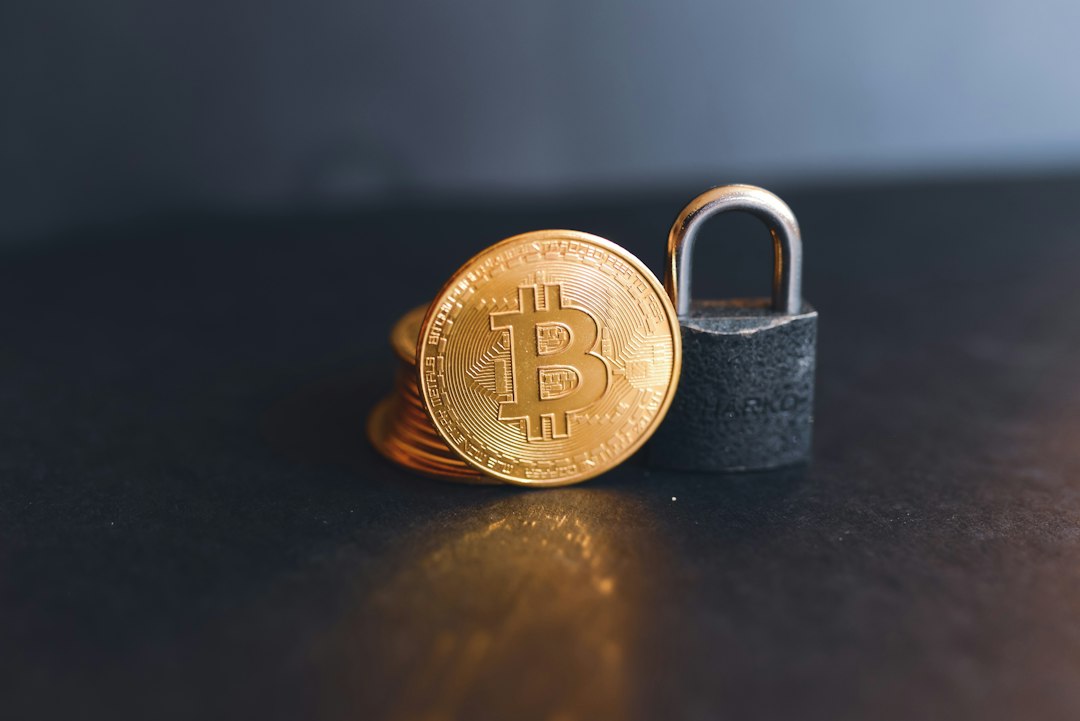Crypto Acceptance in the Muslim World
Despite the growing acceptance of cryptocurrencies, previous Islamic-themed digital tokens have struggled to replicate the success of coins like bitcoin (BTC) or ethereum (ETH). However, Alhashmi’s islamic coin has achieved significant financial support, securing $200 million in funding from ABO Digital.
The Success of Islamic Coin
AlHashmi attributes the success of islamic coin to its multifaceted approach, which expands its reach and enhances its value proposition. He believes that the substantial funding received is a testament to the Islamic community’s endorsement of their approach.
Criticism and AlHashmi’s Response
However, critics argue that islamic coin is not truly Sharia-compliant and accuse AlHashmi of misleading devout Muslims. In response, AlHashmi emphasizes the transparency of the project, as every aspect of the coin, including smart contracts and financial transactions, can be publicly verified. He also highlights the implementation of the Shariah Oracle, ensuring alignment with Islamic principles.
Islamic Coin as an Inclusive Financial Instrument
According to AlHashmi, islamic coin is not just a crypto product, but a financial instrument built on Islamic ethics. It incorporates profit and loss sharing, transparency, and community contributions. A portion of the coin’s proceeds is allocated to Islamic charities and projects in line with the principle of zakat.
Hot Take
Islamic coin’s success in securing substantial funding reflects the increasing acceptance of cryptocurrencies in the Muslim world. By addressing Sharia compliance and aligning with Islamic principles, the project has gained support from the Islamic community. While there are critics who question its compliance, the project’s transparency and implementation of the Shariah Oracle provide mechanisms for verification. As the cryptocurrency industry continues to evolve, it is crucial for projects like islamic coin to uphold transparency and adhere to the values they claim to represent.





 By
By
 By
By
 By
By
 By
By
 By
By